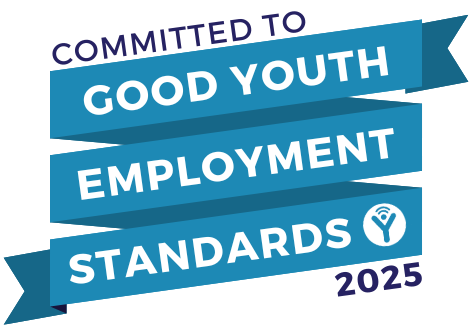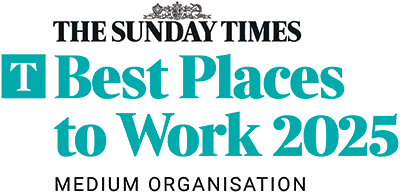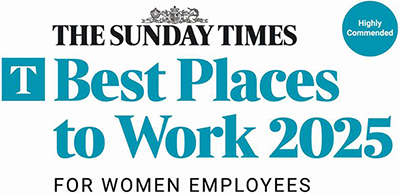A CV is your first opportunity to wow an employer. These rules will help you to write a CV which will grab an employers’ attention.
Presentation:
Font
Use a clear and easy to read font. Don’t go any smaller than point size 11.
Layout
Ensure your CV has a clear layout so that it is easy to read for employers. Use headings and subheadings to break up sections, and Bold and Italics to make your CV more readable.
Length
Your CV should be no longer than 2 sides. Don’t worry if it is shorter, it is better to be clear and concise than ramble.
Things to remember:
Check your spelling
Ensure all spelling and grammar is correct before you send your CV off. Ask someone else to read through it for you.
Don’t use slang or text language
Do not lie
If you do lie on your CV, it is likely you will be caught out.
Keep your CV concise
Do not ramble to fill up spaces.
Make sure your contact details are correct
You want to be contactable if you are successful, so check your emails regularly.
Keep in contact with your references
It is polite to ask references for their permission before putting their names down.
What to write:
Name
At the top of your CV, write your name, centralise it and put it in bold.
Contact Details
Underneath include your address, telephone number and email address. Make sure your email address is smart and professional.
Personal Profile
A short paragraph which summarises yourself and your personal qualities which make you ideal for the role.
Education
List your education with the most recent first, and include your grades or predicted grades.
Work Experience / Employment History
Include any work experience you’ve got, including part time and voluntary work. List your experience with the most recent first and the dates you worked there. Underneath, detail your duties and the skills you developed whilst you worked there. Focus on the skills that the employer is looking for.
Additional Skills
If you have any additional skills or qualifications that are relevant to the job list them here. For example, computer literacy or first aid.
Interests
Keep this brief and show how your interests are related to the role that you want to do and any skills you have developed. Try and avoid writing about your social life.
References
Ideally include two references, preferably from employers, although a teacher or lecturer can be used. Provide their name, company name, email address and phone number. You can alternatively state ‘references available on request.’
Remember
Always back up any statements. If you have developed any specific skills, give an example of how and when you used them.
If you have any questions about writing a CV please get in touch on 01925 515200 or [email protected]







